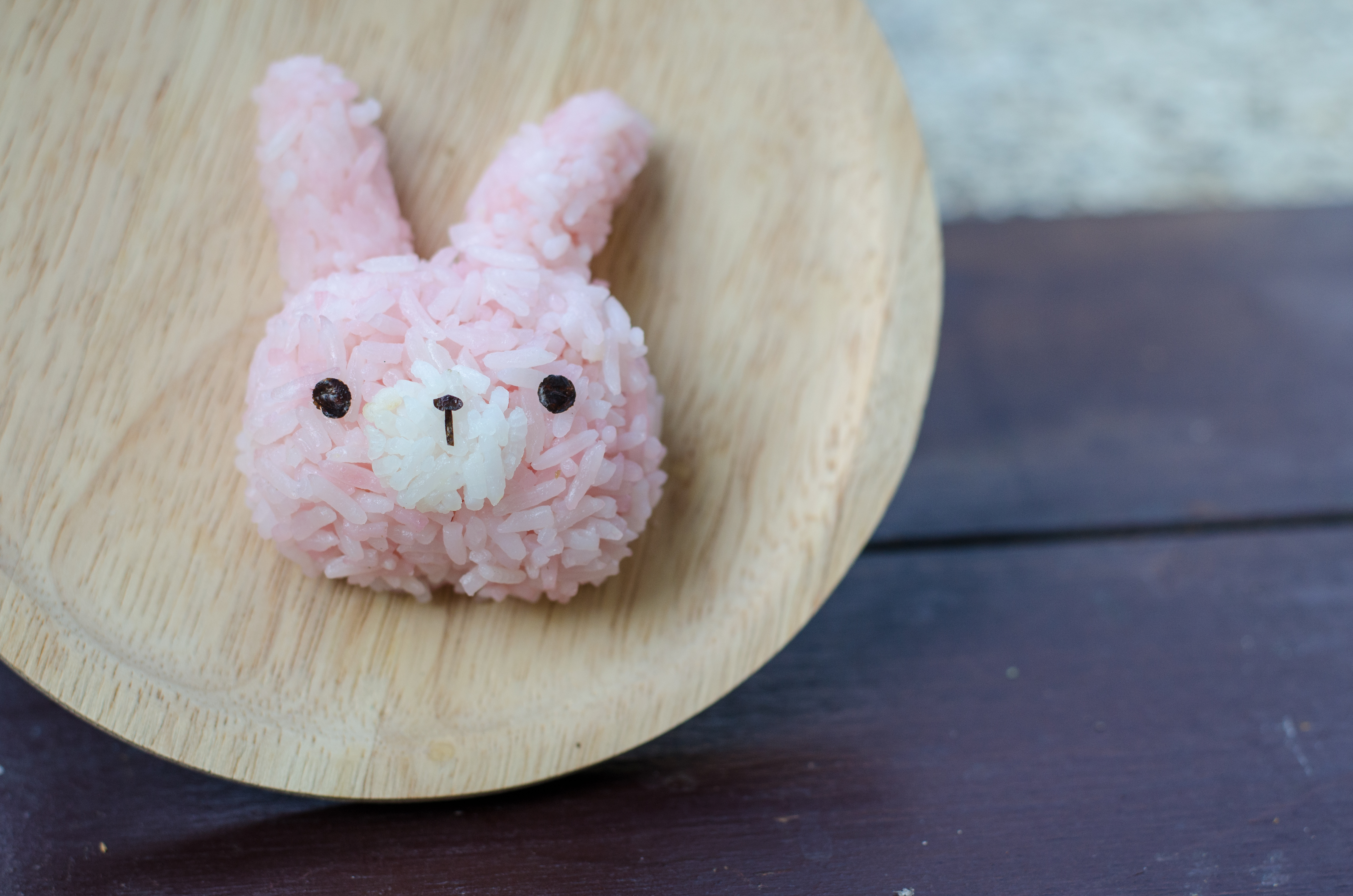The Chinese government and some Chinese companies increased censorship in 2018 as the amount of technology available to the Chinese people grew, and some of the phrases that were banned in 2018 are surprising.
Messaging app WeChat censored private messages as problematic phrases stopped users’ messages from sending, reported The Guardian. WeChat issued a statement in November vowing a “clean-up of politically harmful information.”
The censorship wasn’t only related to political content. Nearly 10,000 entertainment and celebrity news social media accounts were shut down in October, reported The Guardian. (RELATED: Putin Says Russia Is ‘Open To Dialogue’ With US In Holiday Message To Trump)
Here are some of the phrases that were censored in 2018 and the meanings behind them:
“Rice bunny”
The phrase “rice bunny” may seem meaningless, but its Chinese translation, “mi tu,” sounds a lot like #MeToo, the hashtag that women used to share their experiences of sexual assault or harassment. The phrase #MeToo was censored after a woman named Luo Xixi went public with misconduct accusations against a professor in January.

A rice ball is shaped like a cute bunny. Shutterstock image via user Mali Jasmine
Now a #ricebunny discussion page on Chinese microblogging site Weibo has over 2.2 million views, according to Business Insider.
“Back up the car”
This transportation phrase was censored after critics said Chinese economist Wu Xiaoping’s proposal to eliminate China’s private sector was “driving history backwards,” reported The Guardian. This led to the synonymous expression “back up the car” being censored.
“Proclaiming oneself emperor”
Phrases like “proclaiming oneself emperor,” “immortality” and “I don’t agree” were blocked around the time Chinese president Xi Jinping achieved the ability to lead the country for the rest of his life through a constitutional amendment in March.
The phrase “Winnie the Pooh” had also been censored on and off because people have jokingly compared Xi’s appearance to the cartoon bear, something even American critics have seized on.
News of censorship crackdowns comes as U.S. tech company Google abandoned plans to create a censored Chinese search engine after its employees complained.
Follow Evie on Twitter @eviefordham.
Send tips to evie@dailycallernewsfoundation.org.
All content created by the Daily Caller News Foundation, an independent and nonpartisan newswire service, is available without charge to any legitimate news publisher that can provide a large audience. All republished articles must include our logo, our reporter’s byline and their DCNF affiliation. For any questions about our guidelines or partnering with us, please contact licensing@dailycallernewsfoundation.org.


